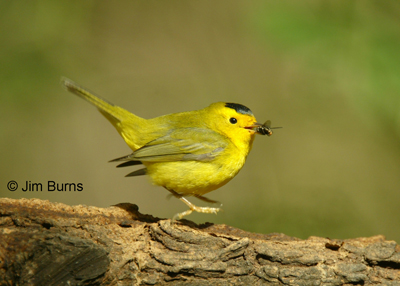
Excuse me, but the universe doesn't revolve around you.. Let me take you in a different direction and suggest something you can do for the birds this Christmas. Let me suggest your participation in a Christmas Bird Count (CBC). It's fun, you'll learn a lot about the birds of your area, and it's your introduction to "citizen science." Check out audubon.org/conservation/science/christmas-bird-count on the web.
The Christmas Bird Count originated on December 25, 1900 to publicize and countervail a long-standing Christmas Day tradition of bird hunting in which any and all species were shotgunned, often simply as a game to see how many birds could be slaughtered. Today the CBC has itself become a traditional birding event which has grown to nearly 2,000 separate counts throughout the country, and the vast amount of data collected is now input for the computers at Cornell University which then output population trends of wintering birds. Early warning of downward spirals in some species' numbers and degradation of some critical habitats are two examples of how CBC data has alerted environmental scientists to problems in our universe.
Why would a CBC compiler want a beginner who doesn't know an eagle from a dove counting birds in his count circle? Because the more eyes there are the more birds will be seen, and rest assured of two things--beginners will be paired with experienced birders, and by the end of the count day nobody in the field will be a beginner anymore.
CBCs are conducted within a fifteen-mile-diameter circle between December 14 and January 5. There are four in the Phoenix metro area. I'm going to direct you to Walter Thurber, the Carefree count compiler. His count is on Monday, January 2. He welcomes beginners, your fanny needs a break from the football couch the day after New Year's, and I want you to go for it. Walter's phone number is 480-483-6450.
If an unusual or unlikely bird is reported on a CBC, the compiler will want written or photographic documentation. Recently a reader wondered how I became involved in bird photography. You know where this is going, right? In the early '90s, on an area CBC, I had a Wilson's warbler, an unusual winter bird for Phoenix, I failed to document it, and the skeptical count compiler refused to count it. As with other addictions, one thing inevitably leads to another. I've never gone birding since then without my camera.
Looking through the lens, looking outward through the prism of other creature's lives has enriched my life and made me a better advocate for our environment. I'm not sure what's at the center of our universe, but now I understand it's not me.